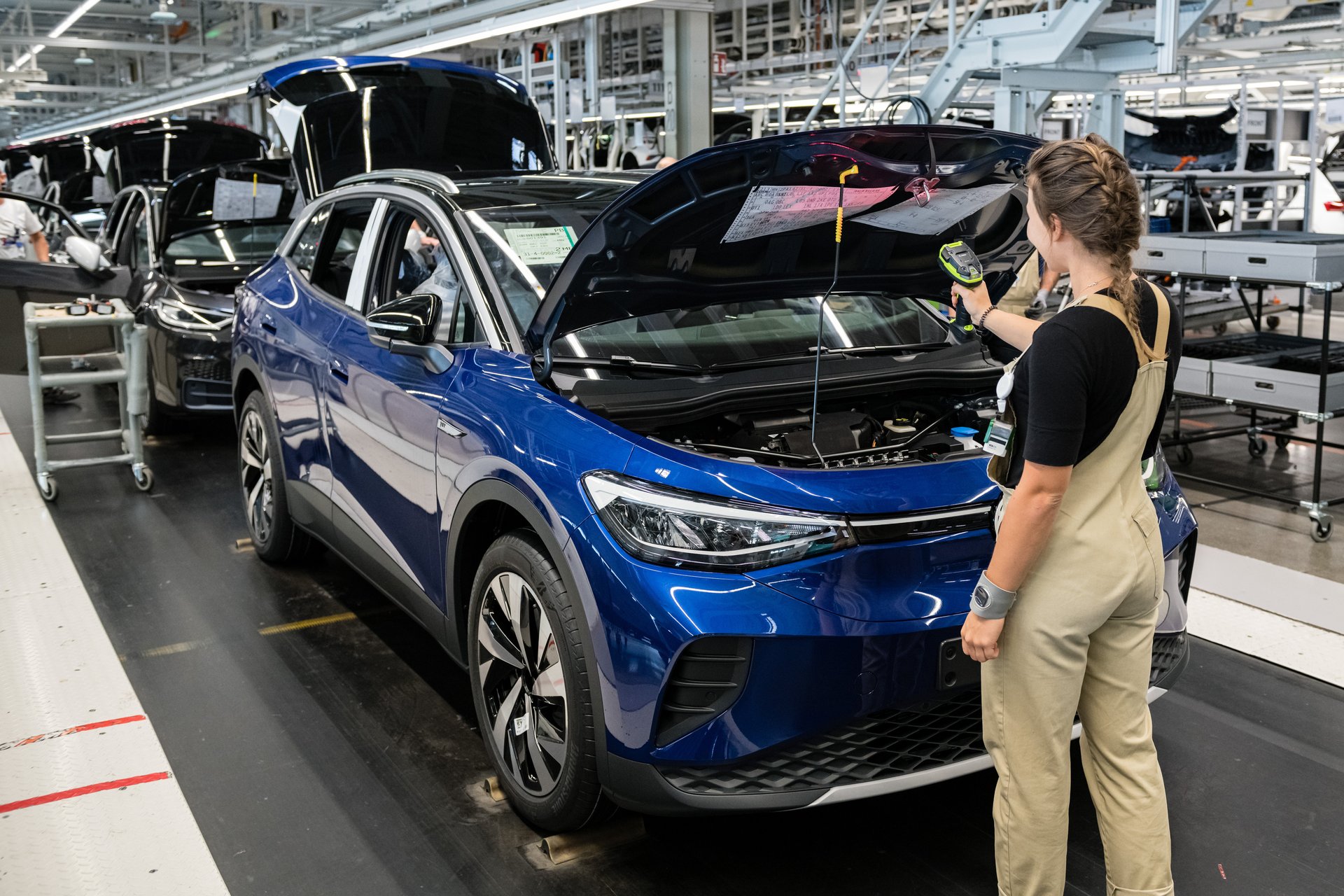Volkswagen will close factories and lay off thousands of workers
It last closed down a plant in 1988. Now Europe's biggest carmaker wants to close down three more

Volkswagen (VWAGY) plans to close at least three plants in Germany and lay off thousands of workers, marking its first closure in decades as it looks to cut costs, according to the head of its works council.
Suggested Reading
In addition to those closures, all additional Volkswagen plants in Germany will be downsized, Daniela Cavallo told employees on Monday in remarks reported by the Deutsche Presse-Agentur (DPA). Mass layoffs are being planned, with entire departments facing closure or relocation.
Related Content
Volkswagen employs roughly 300,00 people in Germany, including tens of thousands spread across its headquarters and main plant in Wolfsburg. Europe’s biggest carmaker also operates another nine factories in Germany.
“All German VW plants are affected by these plans. None of them are safe,” Cavallo said during the event, according to the DPA.
Until now, Volkswagen has never closed a plant in its native country. The last time it closed any factory was in 1988, when it shut down its location in Pennsylvania’s Westmoreland County. In July, it weighed closing an Audi factory in Brussels, as demand for high-end electric cars sank.
In September, Volkswagen ended a 30-year-old job security pact that had protected workers from layoffs as it also ended several other labor deals. It had provided protection against layoffs through 2029. Layoffs can now begin as soon as June 2025, according to the automaker.
The move comes as Volkswagen looks to further its $11 billion cost-cutting plan, and as it faces tough competition from foreign automakers entering the European market.
“The pie has become smaller, and we have more guests at the table,” CEO Oliver Blume told Bild last month, noting that Chinese automakers are making a forceful entrance.
Volkswagen’ finance chief, Arno Antlitz, told workers last month that the company hasn’t been able to rebound since the COVID-19 pandemic, and that it’s facing a demand shortfall of about 500,000 cars — or the equivalent of two plants. He also said that the core VW brand, which accounts for the majority of its sales, has “one, maybe two” years to slash spending and adjust output to match demand.
Volkswagen executives are scheduled to meet with the IG Metall trade union later this week to negotiate on a new collective bargaining deal.
Cavallo said Monday that the company is demanding a 10% pay cut and no pay raises for the next two years. IG Metall had previously asked for a 7% pay increase, which was rejected. The group has threatened strikes, which are possible from Dec. 1.
